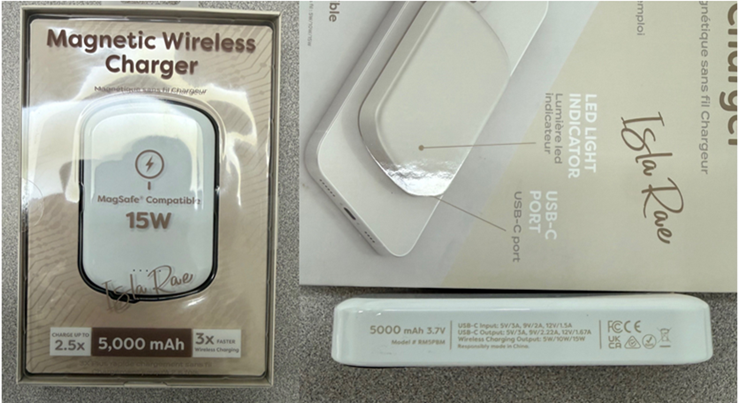
Should Amazon be Liable for Products Sold in its Marketplace?
May 30, 2019
Amazon, the largest e-commerce website in the world and a member of the “Big Four” has repeatedly, and successfully, argued that the company is not liable for harm caused by the defective products that are sold by third parties on its website. Most recently, Amazon avoided potential liability arising from a house fire caused by a defective headlamp. In Erie Insurance Company v. Amazon.com, Inc., 2019 WL 215146, the Fourth Circuit Court of Appeals granted summary judgment in favor of Amazon finding that Amazon did not sell the headlamp and therefore was not liable for its defective condition. While the decision was not unusual, Judge Motz of the Fourth Circuit hinted that legislative reform may be necessary to address online marketplaces like Amazon.
The critical issue facing customers is that many of the products sold through Amazon are manufactured by foreign entities that are effectively judgment-proof. Amazon does not warrant nor assume responsibility for these products. In the above-referenced case, the customer’s receipt explicitly stated that the headlamp was “Sold by Dream Light [a third-party seller] – and Fulfilled by Amazon.” The “fulfillment services” offered by Amazon allowed Dream Light to ship its inventory to an Amazon warehouse for storage and, once an order was received, Amazon would retrieve the product from inventory, box it, and ship it to the customer. Amazon collected payment and, after withdrawing its service fee, remitted the balance to Dream Light. The Court, like several courts before it, determined that Amazon did not constitute a “seller” because it never received title to the headlamp. Facilitating the sale, the Court found, did not open Amazon to liability any more than UPS would be liable for delivering the defective product.
Judge Motz agreed that Amazon was not a seller but wrote separately “to emphasize why this may not always be so.” In her opinion, Judge Motz distinguished Amazon’s business model from the traditional supply chain where the title is transferred as the product moves along the supply chain from manufacturers to distributors to retailers, which almost always provides some legal recourse against an entity available for service of process within the United States. Amazon disrupted the traditional supply chain by cutting out the middlemen “reducing the friction that might keep foreign (or otherwise judgment- proof) manufacturers from putting dangerous products on the market.”
Amazon’s contributions to customers and their experience are obvious – who doesn’t enjoy affordable prices and two-day shipping? But the pressure to lower prices and shorten delivery time could leave certain customers holding the bag without adequate legal protection. Judge Motz appears to suggest that change may be coming, stating that “nothing in today’s holding prevents Maryland’s own courts or legislators from taking up and resolving these difficult, fast-changing, and cutting-edge issues differently.” But will legislatures take a stand against the $1 trillion behemoths that is Amazon? Only time will tell.
For any further questions, please contact Michael Wolfer.



